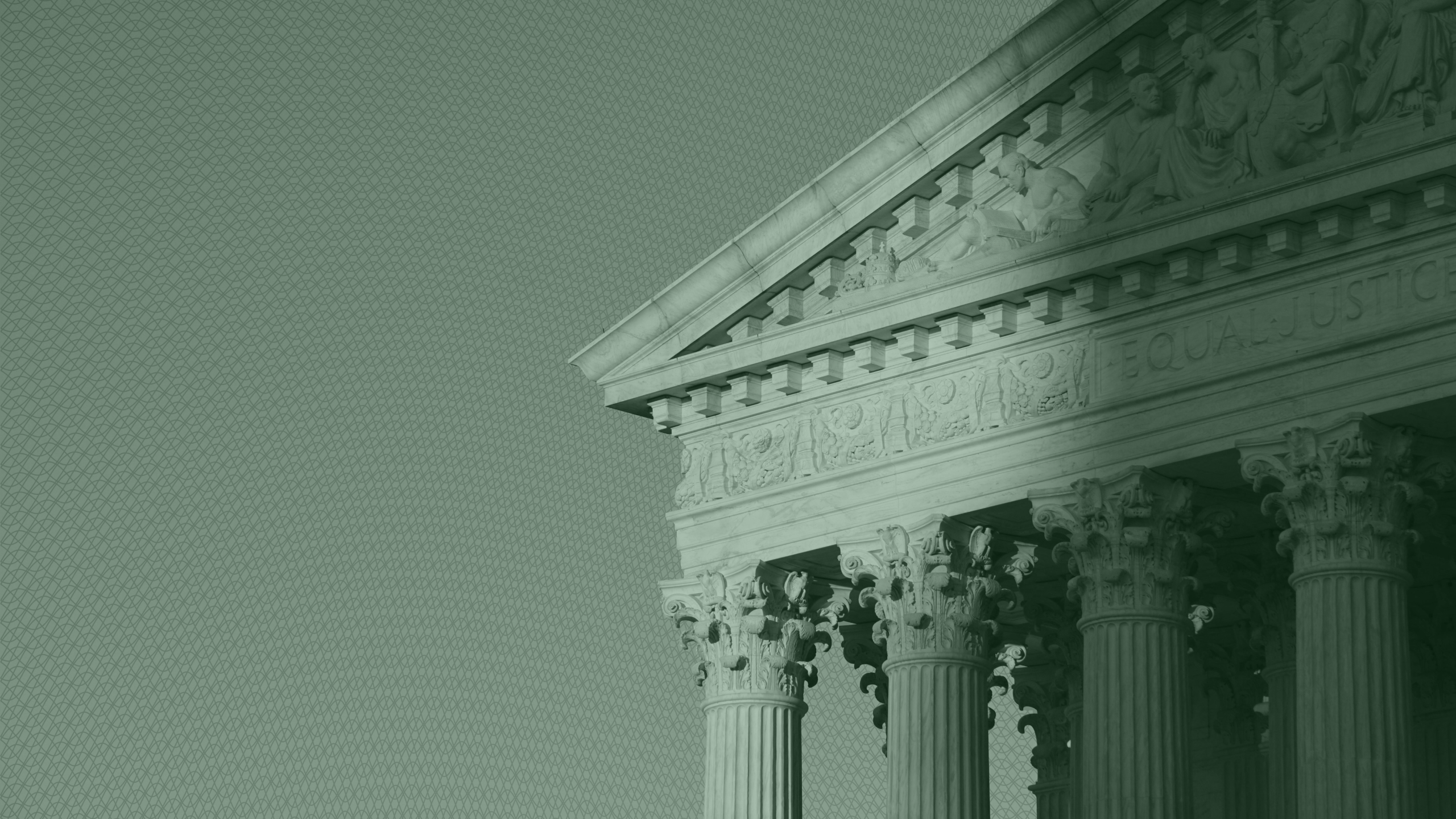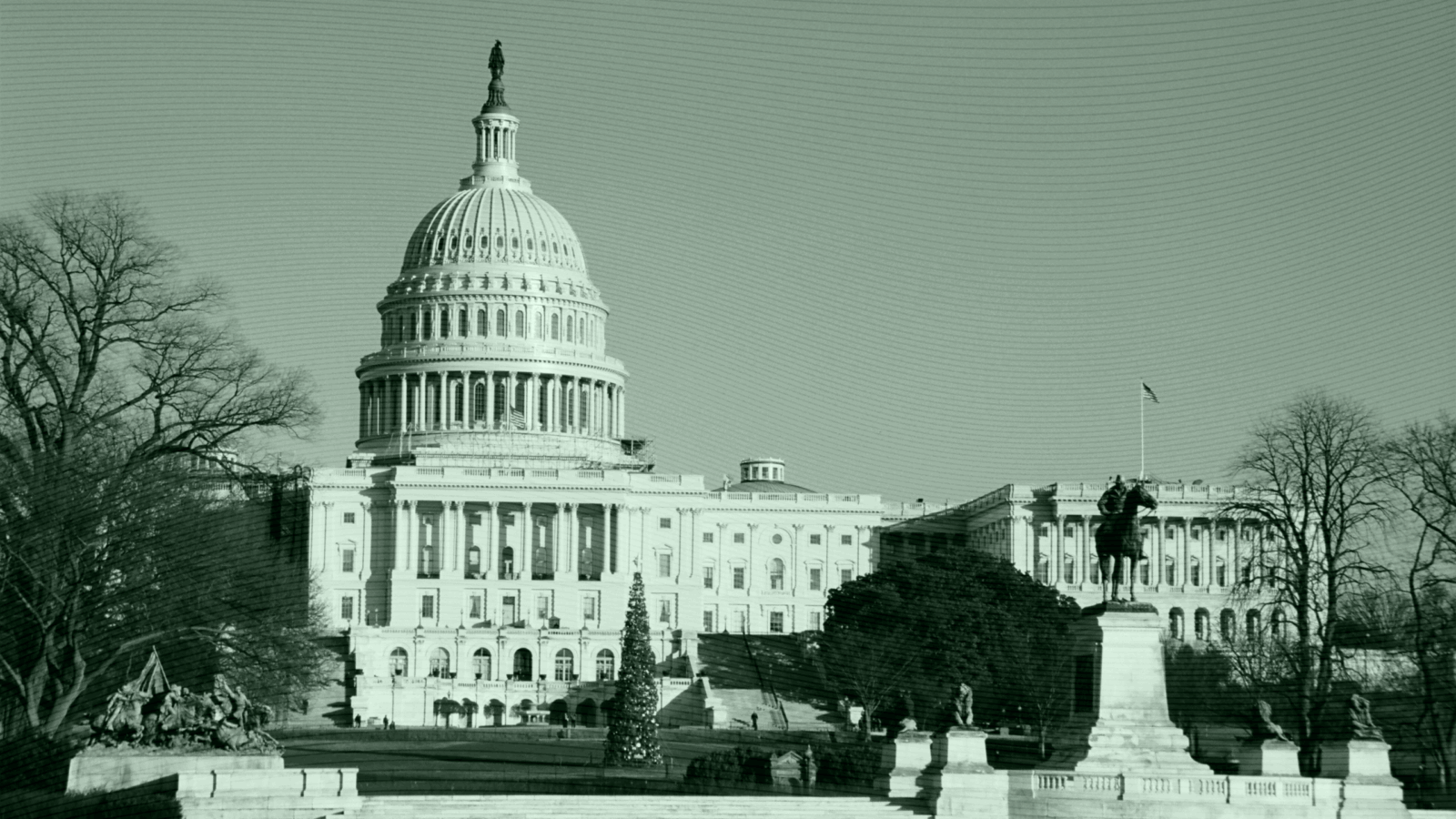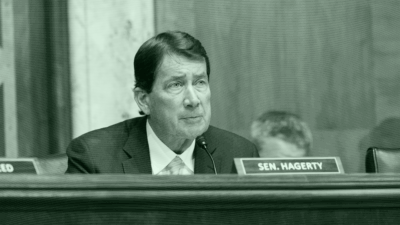
Sign up for market insights, wealth management practice essentials and industry updates.
Here’s to taking everyone to federal court.
The Supreme Court weighed in last week on an impactful case ahead of its July break that could significantly minimize the Securities and Exchange Commission’s ability to litigate enforcement actions in-house. The case, known as SEC v. Jarkesy, forces the agency to move any lawsuits through the federal court system instead of its own tribunals, which could reshape how the wealth management industry is overseen by watchdogs.
“It’s an important ruling, obviously, that went all the way to the Supreme Court,” Emily Renshaw, a partner with the securities regulation law firm Morgan Lewis, told The Daily Upside.
Can I Get a Jury?
The Jarkesy case revolved around whether a former hedge fund manager and conservative radio host, who was accused of defrauding investors and ordered to pay $1 million in damages, was entitled to a jury trial by his peers. The country’s highest court leaned on the Seventh Amendment’s right to a trial by jury, and determined that the SEC’s administrative law process had too much power.
“The federal court provides protections to defendants that weren’t necessarily available through the SEC’s administrative proceeding,” Renshaw said. “This can be viewed as a positive development for respondents and defendants.” She doesn’t expect a dramatic shift in how cases are handled generally, adding that the SEC had been preparing for this decision for over five years:
- The agency has slowly moved cases out of its in-house systems ahead of the anticipated ruling.
- There have been just two pending cases as of the end of March, according to Bloomberg Law.
Famed entrepreneur Mark Cuban, who was accused of insider trading by the Commission in 2013 then cleared by a Texas court, applauded the ruling on social media. “The SEC will always try every way it can to put its finger on the scale of justice,” Cuban wrote in a tweet.
Chevron Doctrine: Another ruling that was handed down last week could also impact the SEC. The Chevron doctrine told courts to defer to the federal agency’s interpretation of a law when faced with any misinterpretation. The Supreme Court reversed that stance with a ruling on Friday; the decision could have reverberations throughout almost every major government regulatory agency.
With two significant cases decided against it in two days, the SEC is hoping the court takes a very long July vacation.











